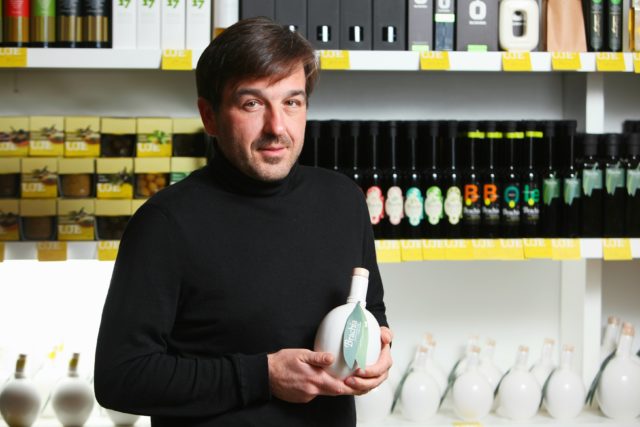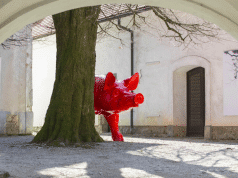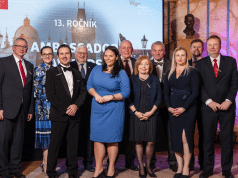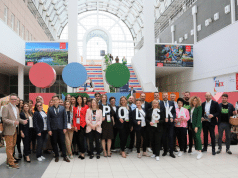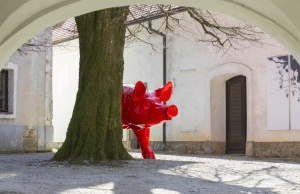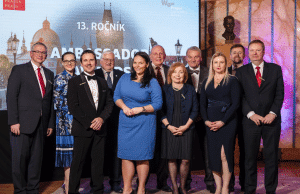Green is a marketing term, whereas ecological and organic are legal terms
Q: Not only in the region, but in the world, there is confusion over the concepts: green, ecological, organic. How do you understand them?
Green is a marketing term, whereas ecological and organic are legal terms. Confusion is created by those who hunt in the murky waters, exploiting the desire and need of the consumer to eat healthy.
Q: What is your definition of tourism with a large added value?
Large added value is closely linked to sustainability. It is extremely important with products that provide added value to make the destination sustainable.
Q: The end of summer and early autumn represent the most important times of the year for northwestern Istria, especially for the harvesting of grapes and olives. How important are they in terms of tourist visits?
Istria is traditionally very well visited at that time of year. In addition to grapes and olives, there are truffles and other mushrooms that attract many guests to Istria in the autumn. Through systematic work, Istria has built up numerous reasons for visiting throughout the year.
Q: It seems that Istria is more attractive to visit in the spring and autumn, when it is most picturesque. Why is there still the most tourism during the summer months?
Summer will always be the strongest in terms of the number of tourists, because most of the capacity is oriented towards this type of guests, and Istria has a lot of campgrounds, which are not the most comfortable outside the summer months. For me personally, and for many of our targeted guests, Istria is most becoming in the spring and autumn, which is why we decided to build a hotel in the interior of Istria because we knew that there was a lack of such facilities.
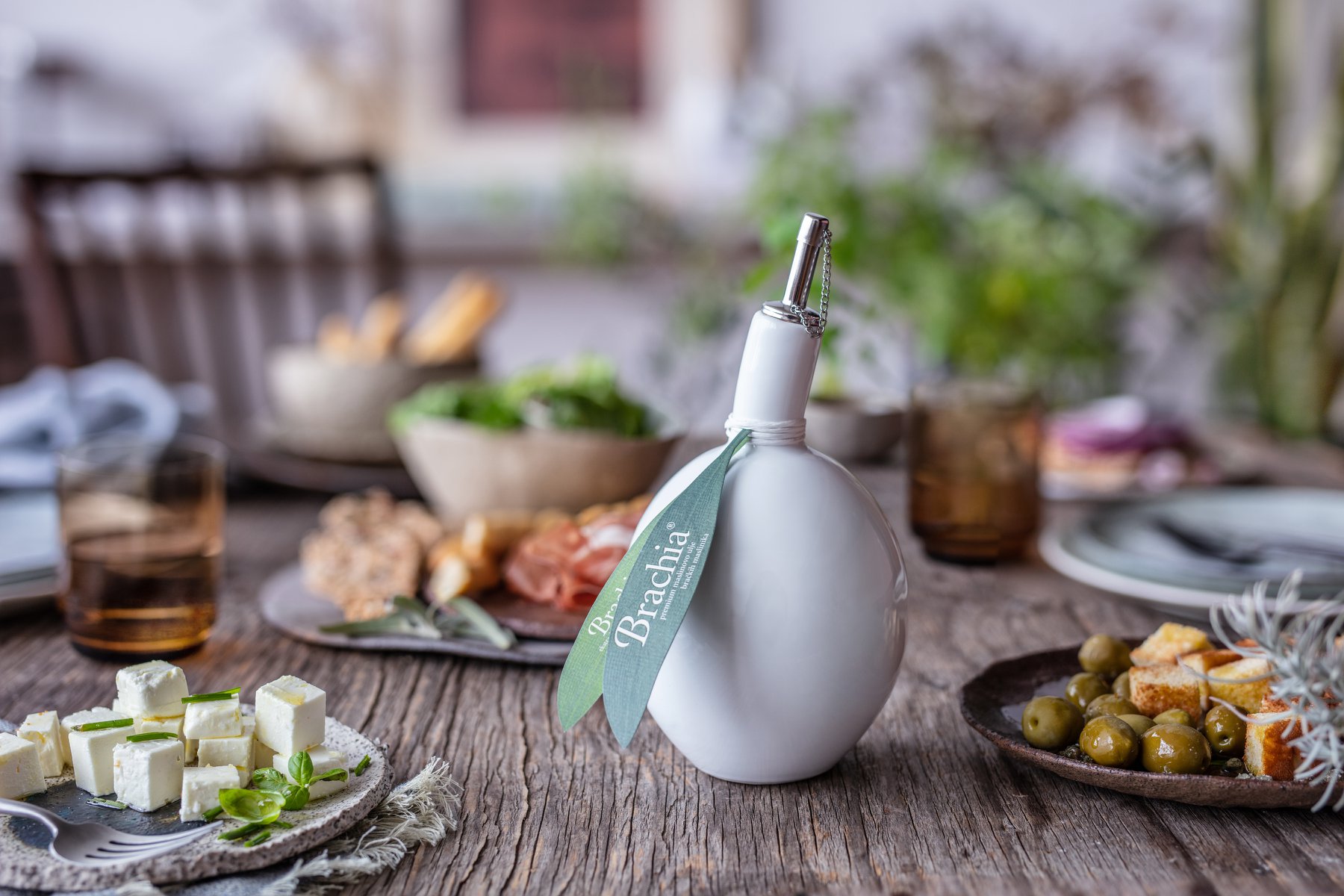
Q: How the risk of excessive tourism in Istria, Croatia and the wider region be avoided?
Some destinations are already at their maximum capacity. In Istria, the situation is under control, but for example, Dubrovnik, Split and Venice are the closest examples of destinations where they will have to start restricting the number of guests. The best way is to create better quality and consequently more expensive products. Low-cost airlines have allowed a lot more people to go on holiday, but they have overwhelmed many destinations and are creating huge amounts of greenhouse gas emissions that are warming our planet. As nice as it is that almost everyone can travel today, it’s not sustainable in the long run, and I’m sure it will slowly change.
Q: Has Istria already become a destination with enough five-star experiences?
Not yet, by no means. The number of hotels with that level of experience is still really small. I would even say that the gastronomic offer is ahead of the accommodation offer. But that is definitely the path Istria is taking. After all, it’s a process. You cannot change your destination overnight.
Q: What do you see as the main advantages and disadvantages of Istria as a tourist destination?
Istria is a destination that is almost without flaws. The strategic plans for the development of tourism in Istria are laid out well. Now, all that work needs to be carried out. It could be argued that some good destination agencies and additional high-level hotel facilities are lacking, but the path Istria is taking is good.
Q: What experiences would you highlight as key at the San Canzian Hotel?
The basic emotion offered by our hotel is the experience of high-level luxury and service in the ambience of an authentic Istrian village. Experiencing the village in a setting where you have everything you desire is something really special.
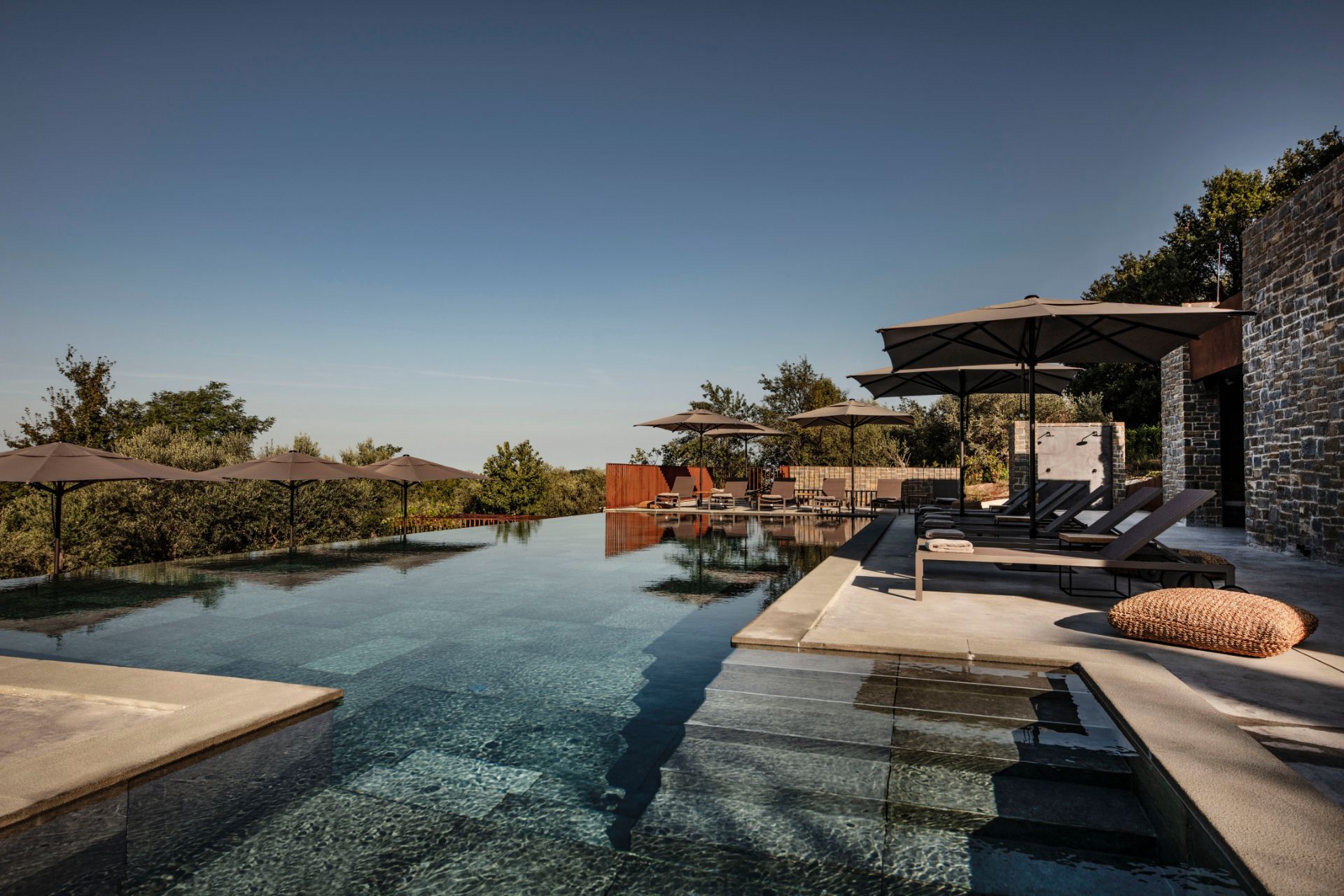
Q: And finally, what are your plans for the future of the San Canzian Hotel?
San Canzian has the ambition to become a high point of reference for Istrian tourism. The second phase of the project’s development is also planned, and it includes a wellness centre and additional accommodation, and besides that, we are always on the lookout for new opportunities.
Q: How do you remember your beginnings in entrepreneurship?
On the one hand, I remember the times when my colleagues and I glued labels to olive oil bottles the night before the first store opened, and on the other, I don’t miss the uncertainty and worry of how to pay the next paycheck.
Q: What do you personally value most as an entrepreneur?
I especially value complete entrepreneurs. People who, in addition to the idea and creativity to turn that idea into a product, also have the structure to market that product and create added value. I also appreciate entrepreneurs who understand where their competencies stop. Because, you know, an entrepreneur can never be the perfect financier. An entrepreneur is a creator, a start-up, but not necessarily a good administrator. One needs to be able to recognise that.
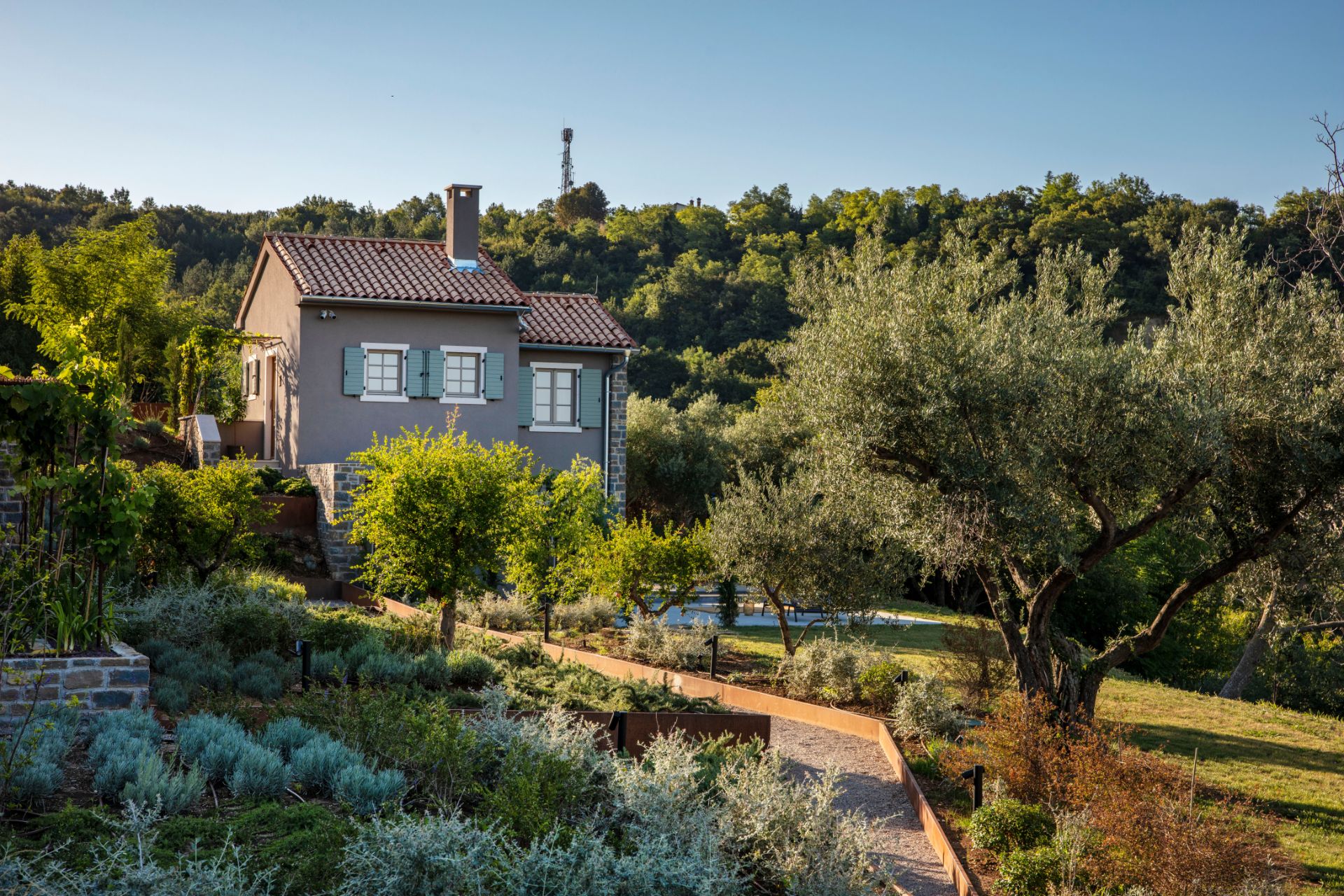
Q: Where do your best ideas come from?
Nature is a strong inspiration for me. We in Dalmatia have the privilege of living by the sea and most of my meetings and brainstorming happen only a few metres from the sea. But no less important are the numerous trips to countries that are better than us. And there are still so many of them.
Q: In your opinion, what is the future of tourism in Istria?
Brilliant. Istria cannot go wrong. The path it’s taking is very good. The strategy is excellent. Maybe some things could move faster. But there is really no particular reason for this, since Istrians are already living quite nicely.
Q: Do you have an entrepreneurial role model?
It’s hard to pick only one person. My wife once told me I was a sponge. I always strive to partner up with people who are more successful than I am in a certain area. And I learn, steal and apply from them. I hope that people can start stealing from me soon as well.


